The benefits to solving all types of puzzles is well-know. For younger children, it helps them develop not only cognitive skills but visual skills and patience. As children solve jigsaw puzzles and place the correct piece in its place, they build the confidence to try other challenges. Board games perform the same benefits, but in later years it becomes more difficult to use board games during instructional time.
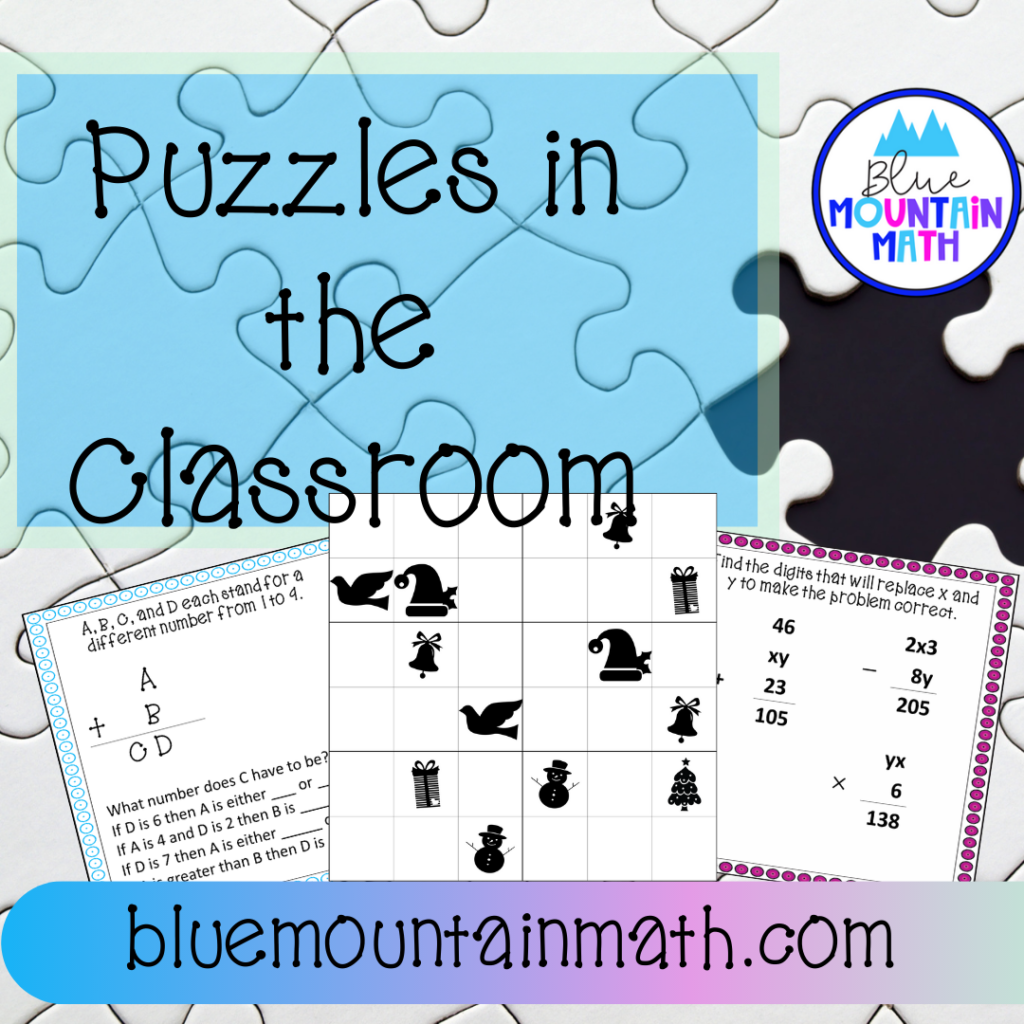
New research has shown that I.Q., once thought to be a fixed number, actually changes during our lifetime. We are all able to increase our I.Q. with new learning experiences and challenges. Puzzles is just one type of challenge and they also improve visual-spatial relationships.
For middle and high school, the use of puzzles in the classroom is the same. It helps them cognitively, it is fun and they are learning logic skills which aid subjects such as science and mathematics. When students have a routine in the classroom, they become used to a certain instruction. Breaking up the routine with puzzles can get students thinking differently.
Puzzles also make great warm-up activities. They can be used to quiet students or to get students talking. Posted on the bulletin board, they can increase interest in any subject and offer a good segue to more serious learning.
I have used traditional puzzles in my class for many years, and it is amazing some students have never experienced these.
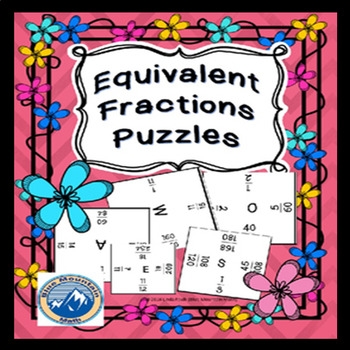
They have 16 pices with both math problems and solutions and students need to match up the pieces to create the puzzle. Some of the puzzles have clean edges (easier) and others have problems in the border so it is more difficult to complete.
I have also used a variety of puzzles which represent a phrase which are known as rebus puzzles. Students enjoy these, also if they are not familiar with the phrase or idiom, they may find it difficult.
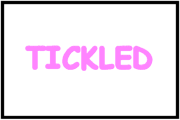
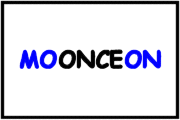
The one above is obviously “Tickled Pink” and the one on the right is “Once in a blue moon”. There are numerous places to get some of these puzzles for kids of all ages. Here is one site where you can get some great puzzles like these to use for educational purposes.
http://www.fun-with-words.com/rebus_puzzles_02.html
I also have several types of number puzzles which I often use for early finishers or for those days when we have extra time. I have a few of these laminated in my class and if we have an interuption, or I am suddenly called out of class for any reason students have something to keep them busy.





Puzzles are a great activity which allows students to develop the skills of explaining their thinking. Even those students who do not like to talk in class can get involved in a puzzle.
Other options for using puzzles are those we would find in puzzle books on the newstand: cryptograms, wordsearches, cross sums and sudoku. In middle school I used sudoku on Fridays (Fun Friday) to get the students thinking. I began by using pictures instead of numbers and a smaller grid that the typical sudoku grid. It is a fun idea to use them during different holidays, such as those shown below:
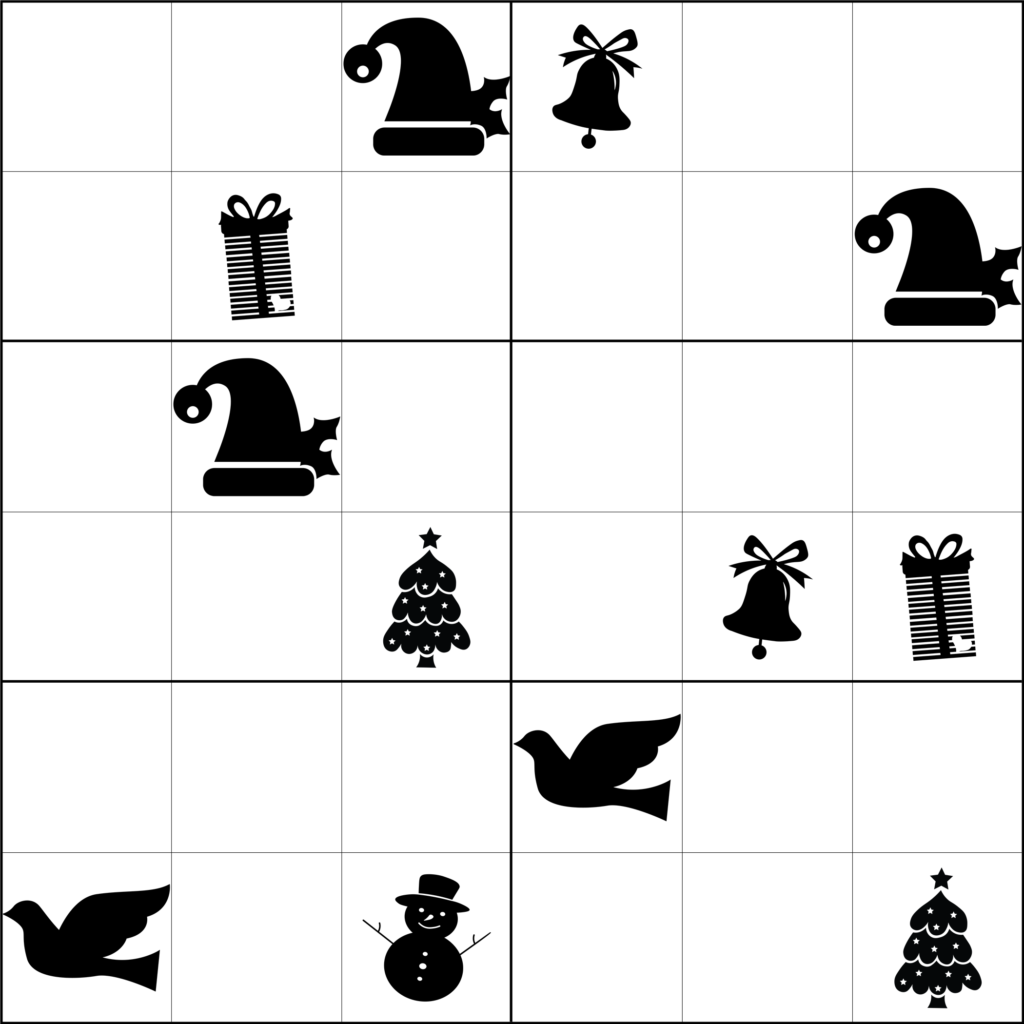
Once students get the idea of solving, then they step up to more difficult problems.
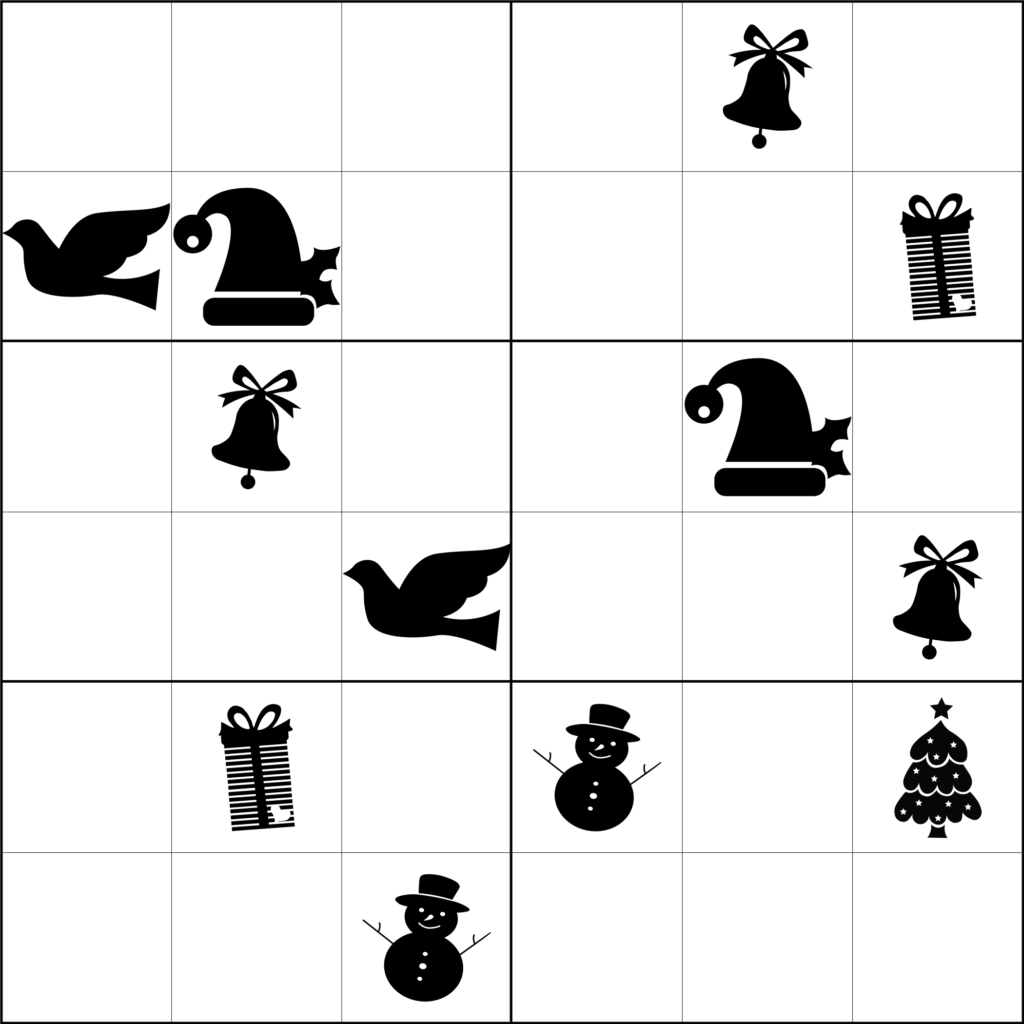
And I confess, I love sudoku of all types. It is a hobby and I have also created books for friends. The benefits of puzzles are not limited to kids, but to adults as well and especially for seniors. Our brains are a muscle that needs exercising just like other muscles. Research has shown that puzzles for seniors can improve mood, lower stress levels, improve memory and delay the onset of dementia.
The internet is a great source for online puzzles of all types. https://www.educationworld.com
Education world promotes a puzzle-a-day program for all content areas and grade levels.
https://www.printable-puzzles.com
Has the traditional puzzles of Sudoku, cryptograms plus some different types of number puzzles I have not seen before. I did recognize this one, called mathdoku, which is nothing like Sudoku but very similar to number puzzles helpful to teaching order of operations.
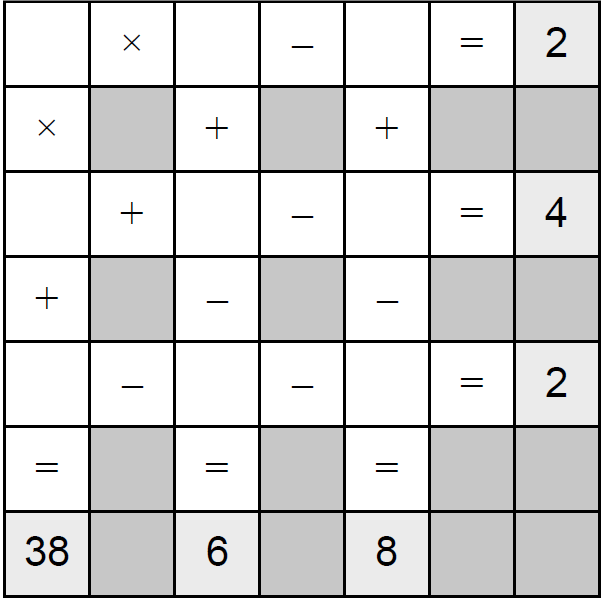
http://www.puzzlechoice.com/pc/Brainboxx.html
Logic puzzles, word searches for adults and kids both. Logic puzzles can be difficult but fun as well. This site has some easy, beginner puzzles for kids as well as more difficult puzzles for adults. Logic puzzles are just that. Solving requires reading the statements to eliminate answers or affirm others,
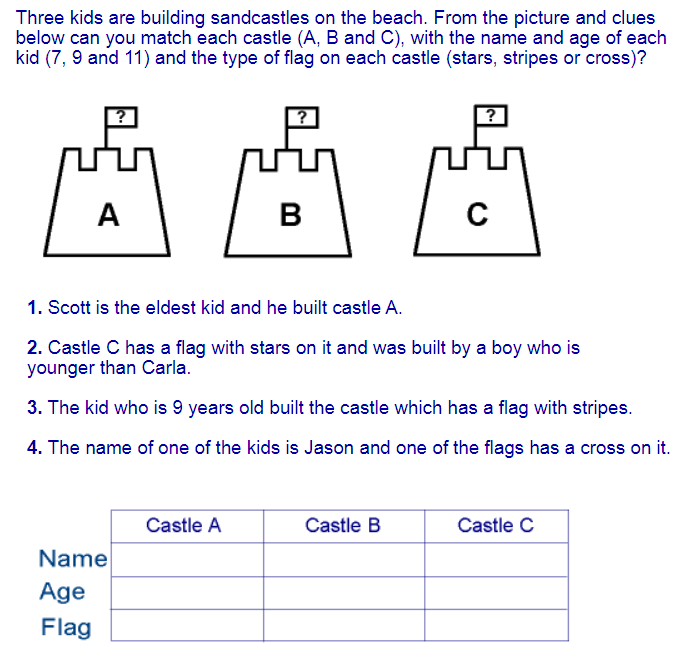
With the variety of puzzles available, it is easy to add some to the daily classroom routine. If you would like some of the Halloween Sudoku to try in class, click HERE. But I warn you, they can be addictive.
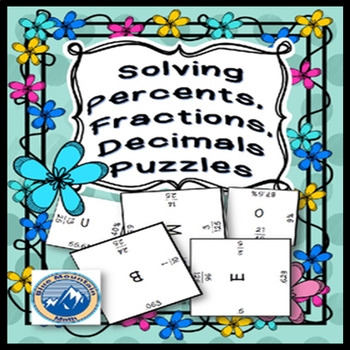










Fantastic site. A lot of helpful info here. I’m sending it to some buddies ans additionally sharing in delicious. And naturally, thanks on your sweat!